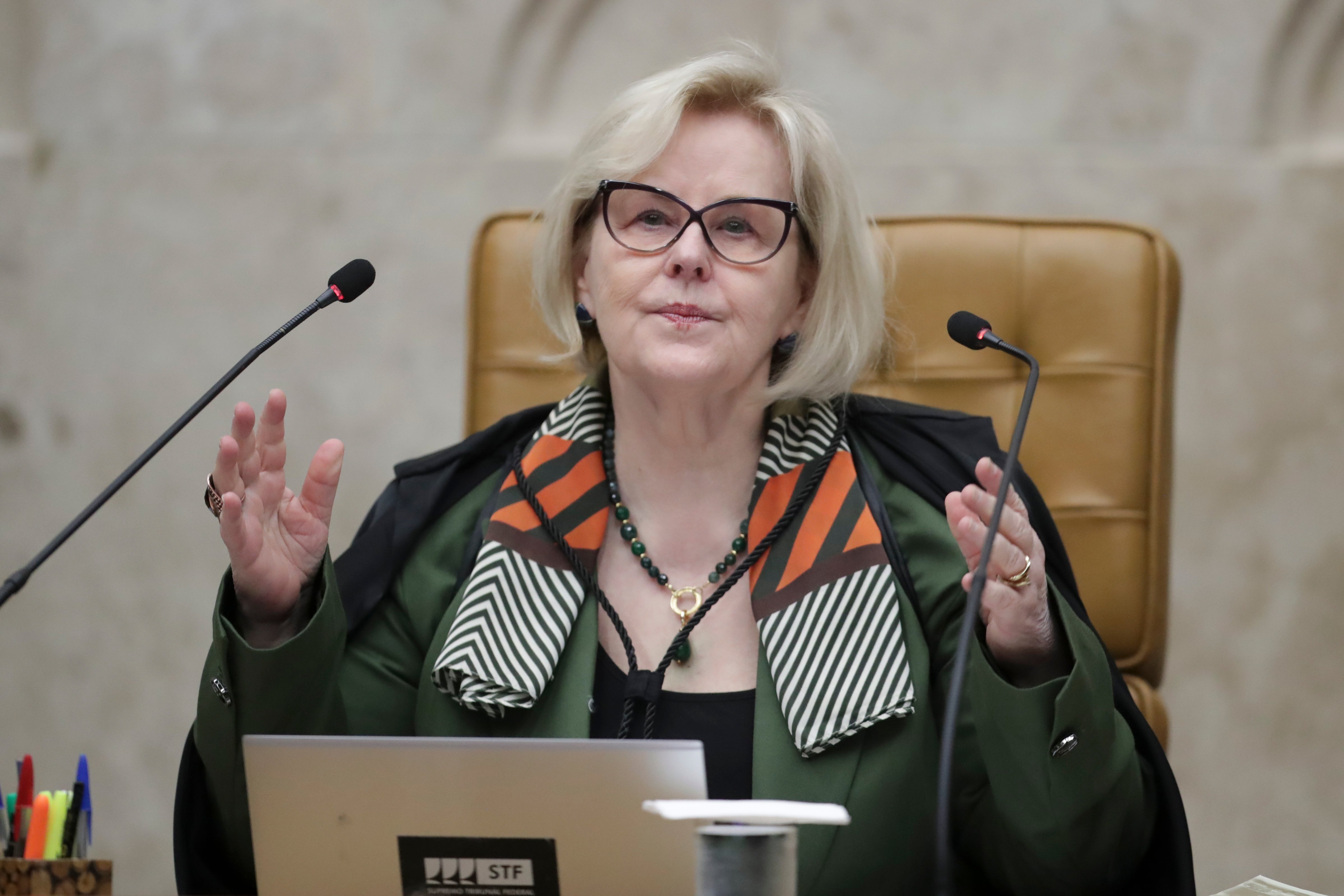Brazil's top court opens vote on decriminalizing abortion up to 12th week of pregnancy
Brazil’s top court is deciding whether abortion up to the 12th week of pregnancy will be decriminalized nationwide

Brazil’s top court opened a session Friday that will decide whether abortion up to the 12th week of pregnancy will be decriminalized nationwide.
The South American nation currently allows abortions only in cases of rape, an evident risk to the mother’s health or if the fetus has no functioning brain.
The Supreme Court's Chief Justice Rosa Weber put the issue forward in an online session Friday and cast her vote in favor of the action. She will retire in October after she turns 75, the age limit for members of the court. Ten more justices are yet to vote, but there is no set date for when the hearing will continue.
Weber said in her decision that Brazil's standing on abortions does not consider “equal protection of women's fundamental rights by giving absolute prevalence of the guardianship of the potential life" — the fetus.
“Criminalizing the conduct of voluntarily interrupting the pregnancy, without restrictions,” Weber wrote, “hits the core of women's rights to freedom, self-determination, intimacy, reproductive liberty and their dignity.”
In 2018, a health ministry official said the government estimated that were about 1 million abortions annually outside the allowed conditions, with the unsafe procedures causing more than 250,000 hospitalizations and 200 deaths.
President Luiz Inácio Lula da Silva said in April last year during the campaign trail that anyone should be allowed to have an abortion, but within days he backtracked. He then said he opposes abortion although he believes women should be allowed the choice as a matter of public health.
A case last year shocked Brazilians after a conservative judge blocked for weeks a raped 11-year-old girl from ending her pregnancy in the southern state of Santa Catarina. The girl, who was 10 when she was raped, was in her 29th week when the abortion was finally carried out.
At the time, anti-abortion activists argued that it was way too late for the procedure. Brazilian law doesn't mention a limit in the case of rape victims or when a woman’s life is in danger.
Debora Diniz, a Brown University researcher, conducted a 2016 survey in Brazil that found one in five respondents had an abortion by age 40. The survey of 2,002 Brazilian women found higher rates of abortion among those with less education and income.
Wealthier Brazilian women for many years travelled to the United States or Europe to get abortions without facing risks and legal obstacles they find at home. More recently, they have travelled to Argentina, the largest Latin American nation to allow the procedure since the end of 2020. Brazilians don't need passports to enter Argentina.
Subscribe to Independent Premium to bookmark this article
Want to bookmark your favourite articles and stories to read or reference later? Start your Independent Premium subscription today.
